This paper demonstrates the importance of combining social and cultural analysis with pricing and economic logics...


This paper demonstrates the importance of combining social and cultural analysis with pricing and economic logics...
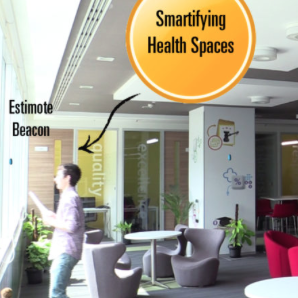
Article 6 in the series Data, Design and Civics: Ethnographic Perspectives How must we conjure up smart spaces? ‘Smart city’ has become an over-indulged urban metaphor, whipping up an apparition of dispersed, highly networked and interconnected socio-economic, infrastructural and communication...
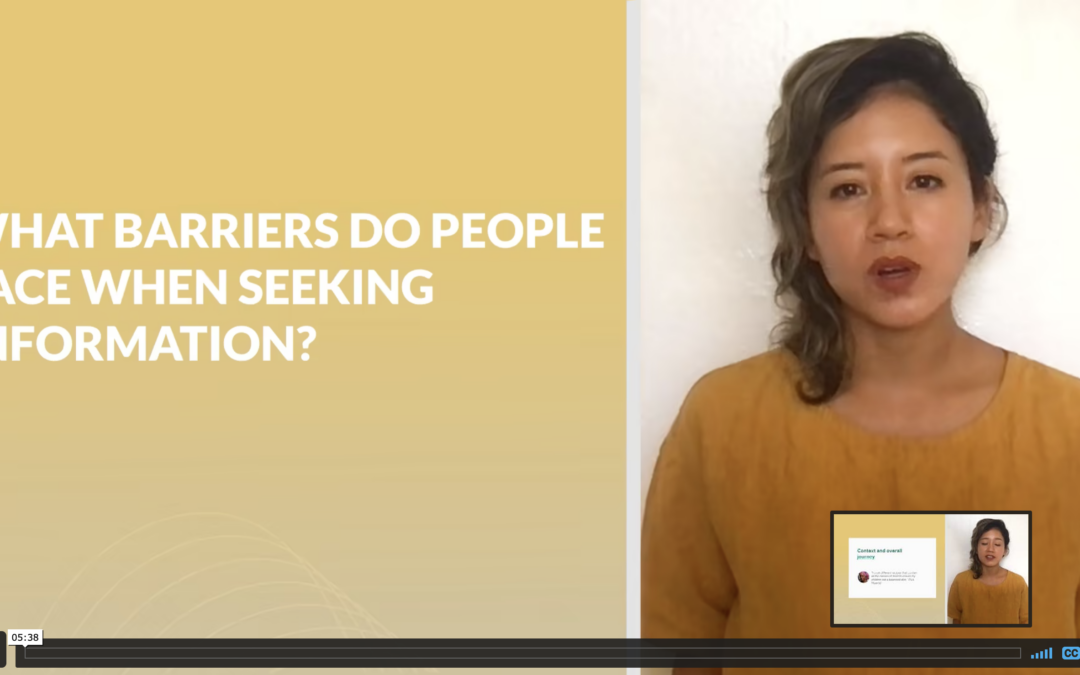
While billions of people are established internet users, there are still billions of new users who have just come online in recent years and this growth will continue, especially on mobile in non-Western countries. Information seeking is essential to online behavior across the world, yet many...

Of course, EPIC has always been a ‘community of praxis’ (as much as practice) helping attendees put what they learn into action. For us at Motorola Mobility, 2013 was no exception. The company had reduced its phone portfolio to a handful of products; and knew the only way to grow market share was...
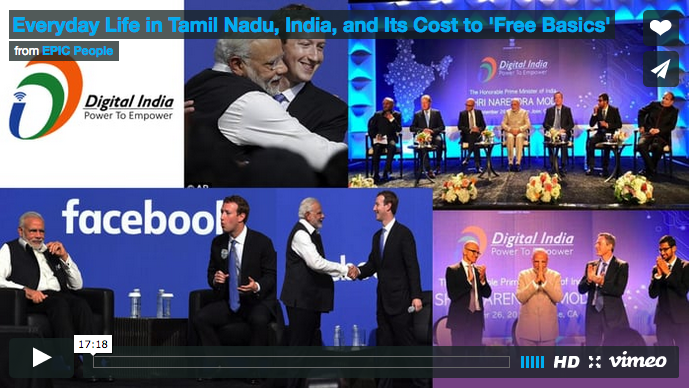
This paper explores how the ‘Free Basics’ initiative in India got transformed into a national debate on ‘net neutrality’ principle and finally led to it being banned in India. Further, this paper will also use ethnographic data to analyse how this ‘controversial’ initiative was debated, the claims...
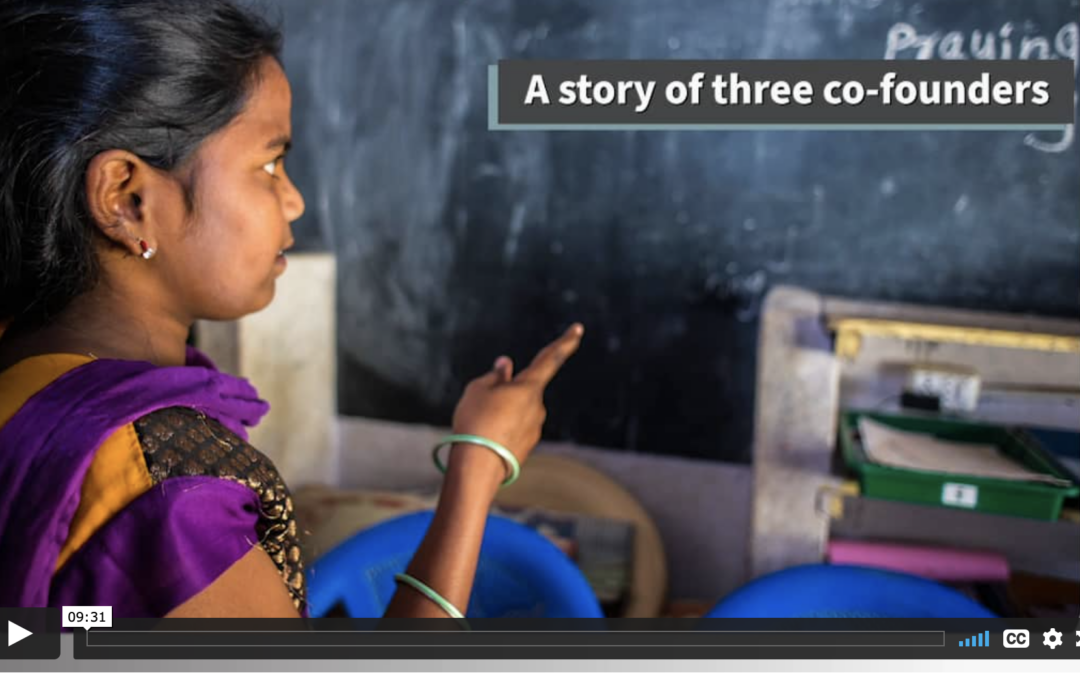
Taking India's startup capital Bangalore as its field, the paper researches the absence of conventional scale as a potentially positive emic experience for the entrepreneur. The study leverages a mixed methods approach, employing semi-structured interviews with select entrepreneurs, employees,...

Case Study—Based on experience of working in the Department of School Education, Government of Haryana on a Management Information System being built to reduce administrative workload on teachers and bureaucrats, this case study describes how ethnography was used to understand and address the...

India is a country of people belonging to varied socioeconomic backgrounds. Patriarchy is very much evident in...
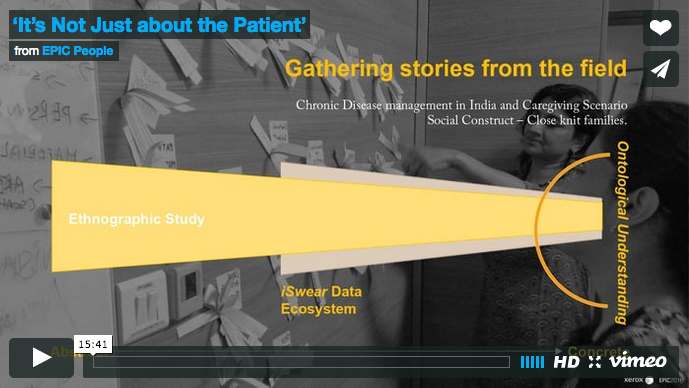
The paper attempts to offer a method to consistently monitor and capture a data eco-system in the everyday of a patient-caregiver relationship. We offer an account of the capture and intermeshing of different types and quality of data sources and their gainful deflection into a methodological...

In rural China and India, a fragmented commercial distribution system and the lack of online shopping can significantly limit the range of consumer choice. In this paper, we look at the role that mobile phone shopkeepers—the middlemen—play in influencing what users can and will buy, but also in...